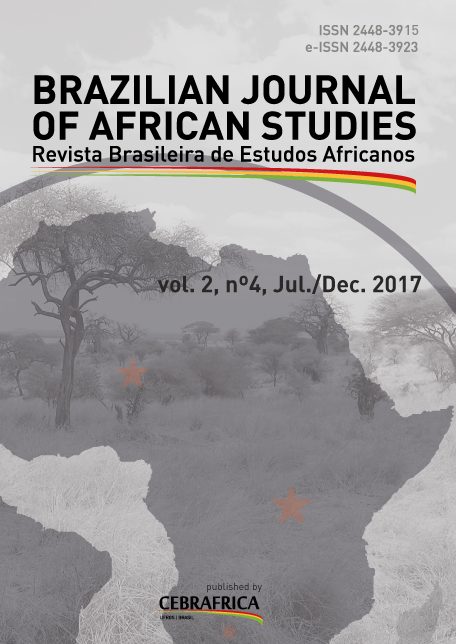COMPARATIVE ANALYSIS OF POLITICAL COMPETITION EFFECTIVENESS IN BRAZIL AND IN MOZAMBIQUE (1990- 2014)
DOI:
https://doi.org/10.22456/2448-3923.77787Keywords:
Parties, Political Competition, Brazil, Mozambique.Abstract
The aim of this study is to understand the structure of the party system and the effectiveness of political competition in Brazil and Mozambique, highlighting the outlines and functioning of political parties in Mozambique and Brazil. Theoretically, there are studies (Duverger, 1961; Inglehart, 1971; Sartori, 1982; Webb, 2000; Dalton and Wattenberg, 2000) that illustrate some of the approaches we have developed in this study. Methodologically, this is an exploratory and descriptive work. The database on political processes was considered in a comparative perspective, and measures of qualitative and quantitative productivity were combined. The results indicate that Mozambique has a two party system and Brazil presents a multiparty system, highly fragmented. In terms of the structure of the party system, Mozambique has an almost closed party system and in the case of Brazil, the structure of the party system is open.
Downloads
Downloads
Published
How to Cite
Issue
Section
License
The author will hold copyright over the published articles and retain publishing rights.

Brazilian Journal of African Studies is licensed under a Creative Commons Atribuição 4.0 Internacional.


